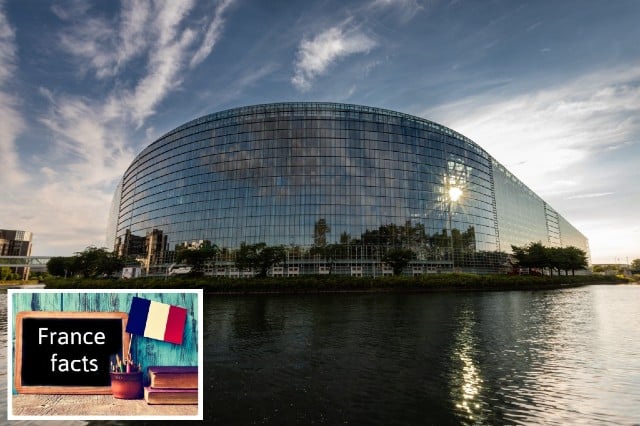Strange but true, in the European elections in May 2019 the French people elected five MEPs who don't yet have a seat in the parliament, but are poised to be called up at fairly short notice.
And although the France Facts series generally looks at the unusual and frankly bizarre things about France, in this case we must report that it's the UK's fault.
And yes, it is to do with Brexit.
The UK was a bit of a surprise participant in 2019 Euro elections, since everyone thought it was leaving the EU in March, so rules had to be hastily rewritten.
Once it is no longer a member state, the UK will obviously lose all of its 73 MEPs.
The European Parliament decided that most of these seats would simply be scrapped and the parliament would be streamlined from 751 members down to 705.
However the remaining 27 seats would be redistributed among countries that had been left underrepresented – including France, which would get five new members.
However when May arrived and the UK was still around, it was obliged to participate in the election and return 73 MEPs – all of whom will lose their jobs when/if Brexit actually happens.
The flip side of that is that France was forced to elect its extra MEPs, but tell them they didn't actually have a job until Brexit happens. Which must be one of the fairly rare examples of Brexit leading to job creation.
As France operates a list system for electing Euro MPs, the parties that received the highest number of votes selected the next person on their list to be the reservist MEPs.
So Sando Gozi and Ilana Cicurel of President Emmanuel Macron's ruling La Republique En Marche party, Jean-Lin Lacapelle of Marine Le Pen's Rassemblement National, Claude Gruffat of the greens and Nora Mebarek of the leftist Envie d'Europe will be heading to Brussels at some point.
Although with three missed leave dates so far, when the UK will actually leave is anyone's guess.



 Please whitelist us to continue reading.
Please whitelist us to continue reading.
Member comments